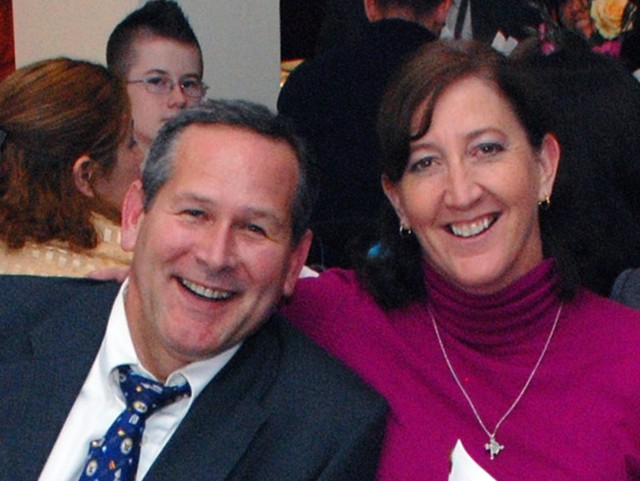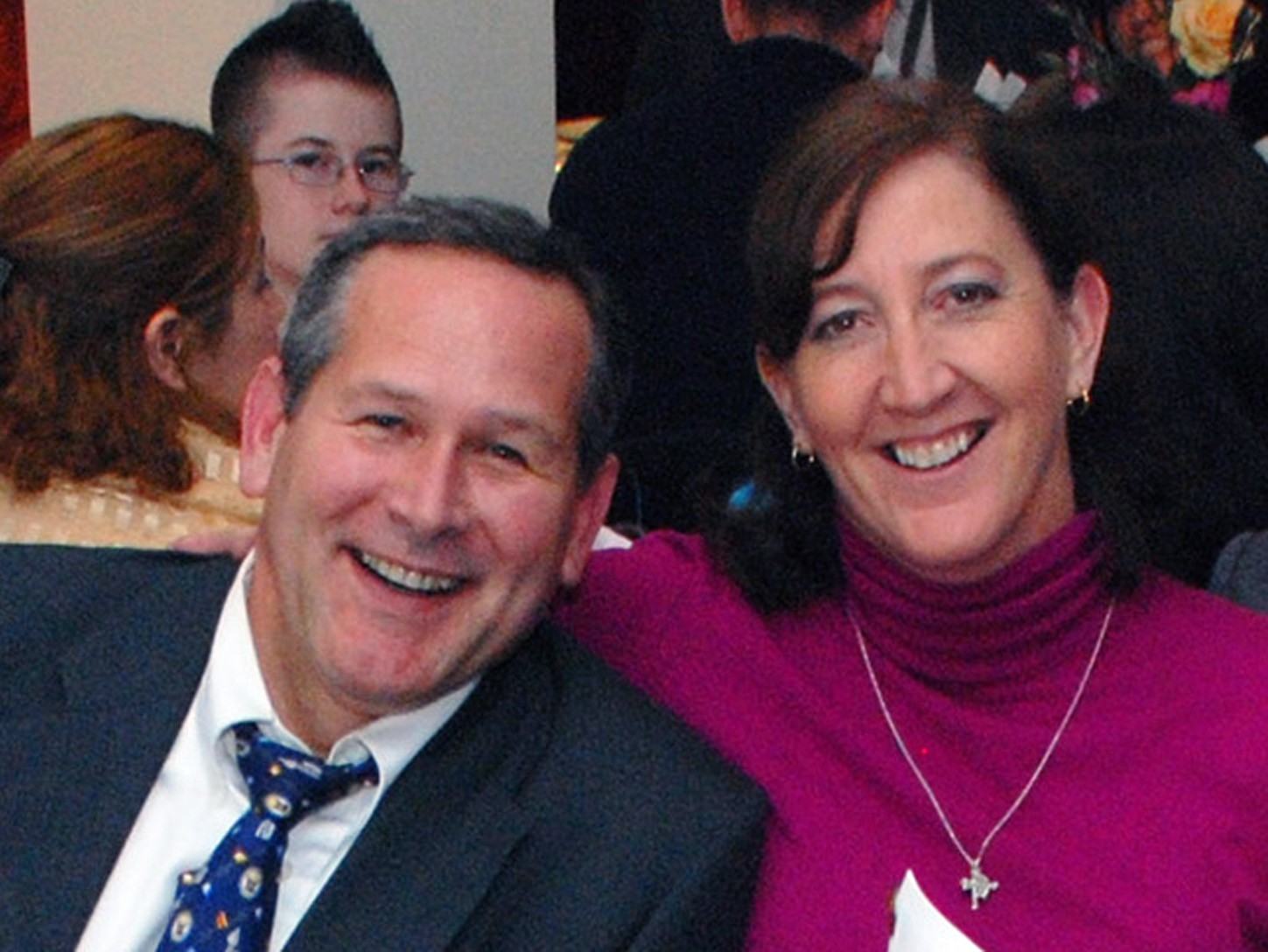
USAG BRUSSELS, Belgium -- When Paula Emmert married a young U.S. Navy officer named Gene in San Diego nearly 20 years ago she had no experience with the military and no idea of the life she would live and the rewards she would reap as a Navy spouse.
Emmert is the U.S. Army Garrison Brussels School Liaison Officer. Gene, now a Navy captain, works at the U.S. Mission to NATO.
When she and Gene met she was a college student and had just returned from a Peace Corps assignment in Micronesia.
"I had no idea what I was getting into. It was definitely an interesting start," Emmert said.
Three weeks after she and Gene married they were off to Newport, R.I where he would attend Department Head's School. It was the beginning of a journey that would take her to homes in the USA, Asia and Europe.
"Let's see, Newport to San Diego, to Sasebo, Japan, to London, England, back to San Diego, to Omaha, Neb. back to San Diego, to D.C. and then Brussels. So that's nine moves in 19 years," she said.
Emmert found that given her lack of experience with military life she needed to learn how the military worked.
"I think just the structure of not only the military but the spouse component was a bit of an adjustment," she said. "There's definitely a structure, there's a level of protocol, ways to entertain and associate with people that presented a learning curve to me as a southern California girl.
But, she adjusted and devoted herself to being active and involved.
"From the very beginning I was active with the surface officer's wives clubs, with the Naval Officer's Wives Club; I've been very active over the years, everything from being newsletter editor, to doing volunteer work in communities."
She also spent a lot of time helping other spouses whose husbands were deployed.
"That's probably the most enjoyable part for me," she said. "Just helping other spouses to find coping mechanisms, to make the best of it, focus on what our troops are doing for their country rather than the negative of separation."
Emmert recognized that because long separations are a fact of life for a Navy spouse-she and Gene have been separated for eight of the 19 years they've been married-one could either accept it and cope or be miserable.
She copes by focusing on her children, son Connor and daughter Morgan, and trying to make the best of every place they live.
"I really focus on making sure that my children are functioning. I constantly remind them that their dad is serving his country and doing his duty and it's something to be proud of," she said.
Emmert also tries to have fun with them wherever they are living.
"We take advantage of whatever location we're in to get out of the house and be as active as possible and really make the best of things," she said. "I make sure the kids are involved in activities and that I am as well."
Despite her many moves Emmert has enjoyed a steady career as a teacher in every place she's lived.
"I've actually had an ideal situation because I started teaching English as a Second Language in Peace Corps and it travels extremely well," Emmert said. "I've been adjunct professor everywhere from San Diego State to community colleges in Omaha and Washington, D.C. and San Diego."
The Emmerts have been in Brussels for three years and next summer Gene will depart to take command of the Navy's Military Prepositioning Ship Squadron Three. He'll be responsible for tactical control of ships of the Military Sealift Command Prepositioning Program in the Western Pacific Ocean. Because the ships are continuously-deployed this separation will be the longest in their marriage, from 12 to 18 months.
Although she acknowledges the long separation will be hard, thanks to the Internet, e-mail and social media it is not as difficult to stay in touch as it was years ago when all they had was regular mail and telephone calls.
She added that military spouses can manage a separation by taking care of themselves and accepting what it means to be married to the military.
"Always make sure that you prioritize overall well-being: physical, mental, spiritual, emotional, all of it. And make sure that you find ways to continuously support your spouse," she said. "Orders are just that, many times there's no choice in what a military member is asked to do to serve his country. And have fun. We only live life once. You can make the best of anything, you really can."
After 19 years of marriage and many separations, does she have any regrets'
"No, none, absolutely not," Emmert said. "It's easy when your husband rocks!"

Social Sharing